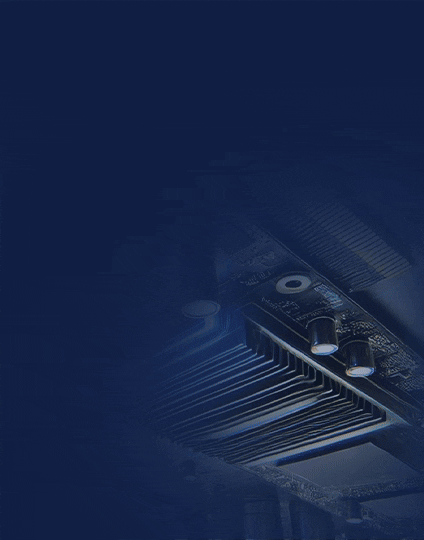FPGA Insights has engaged in an exclusive interview with Soundararajan, Senior FPGA Engineer at Keysight Technologies
Q1) Can you provide an overview of your organization and the services/products it offers?
Keysight Technologies is a leading global technology company that specializes in providing innovative solutions for electronic measurement and testing.
Q2) Can you explain the benefits of using FPGAs over other types of processors?
FPGAs are reconfigurable hardware devices, allowing users to customize their digital logic and functionality even after manufacturing.
Q3) What are the most significant trends observed in the FPGA industry over the past year? How will these trends shape the industry’s future?
Heterogeneous Architectures: Combining FPGAs with other processing units like CPUs, GPUs, or ASICs to create heterogeneous architectures for specific workloads, providing a balance between flexibility and performance.
Q4) How do you see FPGA development evolving to meet the demands of modern applications and complex workloads?
FPGAs are incorporating more resources like high-speed transceivers, memory, and processing cores on a single chip, enhancing performance and capabilities.
Q5) Key drivers behind the increasing adoption of FPGAs in various applications and industries?
FPGAs offer highly efficient hardware acceleration for specific tasks, outperforming general-purpose processors in certain applications.
It allows hardware logic customization to specific requirements, making them attractive in domains where performance and power matter.
It enables faster prototyping and development cycles, reducing time-to-market for new products and innovations.
Q6) Sectors that stand to benefit the most from FPGA integration, and why?
Data Center Sector benefits the most from FPGA integration. FPGAs accelerate specific workloads like search, recommendation systems, encryption, and data analytics, leading to better performance and energy efficiency.
Q7) The role of FPGAs in accelerating AI applications and advancements expected in the near future.
FPGAs excel at AI model inference and training acceleration, providing high throughput and energy efficiency.
Q8) Ensuring the security and integrity of FPGA designs, especially in sensitive applications like finance and defense.
Hardware-Based Security modules to safeguard sensitive data and cryptographic operations.
Q9) Advice for students and professionals interested in pursuing a career in FPGA development to stay updated with the latest trends and technologies.
Gain practical experience by working on FPGA projects, experimenting with development boards, and implementing real-world applications.











